Welcome to Season 4!
This fall, we’re back–with eight new episodes plus one bonus episode. This season we’re focusing on churches and Christian communities who are learning how to address the climate crisis together, as an essential aspect of their discipleship. We have a terrific variety of guests to share with you, and we’re confident you’ll discover some wisdom to share with your own faith community.
I hope you’ll subscribe now to the Refugia Podcast on your favorite podcast platform. Episodes drop weekly starting September 14 through November 9.
Just a reminder that the first three seasons still make for great listening. They are available as resources for you to use. You can explore refugia with activists, clergy, artists, biologists, theologians, writers, journalists, and more, just by listening to the first three seasons.
Thanks for listening!
What is the Refugia Podcast about?
Refugia is a biological term for habitats in nature where life endures in times of crisis. In the four seasons of the Refugia Podcast, we have explored the concept of refugia both literally and as a metaphor, discovering how people of faith can become people of refugia—nurturing life-giving spaces in the earth, in our human cultural systems, and in our spiritual communities even in this time of severe disturbance.
For grammar geeks: “Refugia” is plural. “Refugium” is singular. I try to keep this straight, but both I and my guests mess it up sometimes. Meanwhile, the phrase “people of refugia” seems to reconstrue the word as a singular quality or state of being. I like this term enough, obviously, to put up with the confusing linguistic issues involved!
Refugia Episodes

Refugia Podcast Episode 40 Kipuka to Kipuka: Islands of Life, Faith, and Restoration
Our final episode of Season 4! This week, we travel to Hawaii with a whole troop of good people to visit some remarkable refugia spaces near Kaneohe Bay on Oahu. This episode, produced by Colin Hoogerwerf and Jim Stump, first aired on the Language of God podcast in April of 2025.
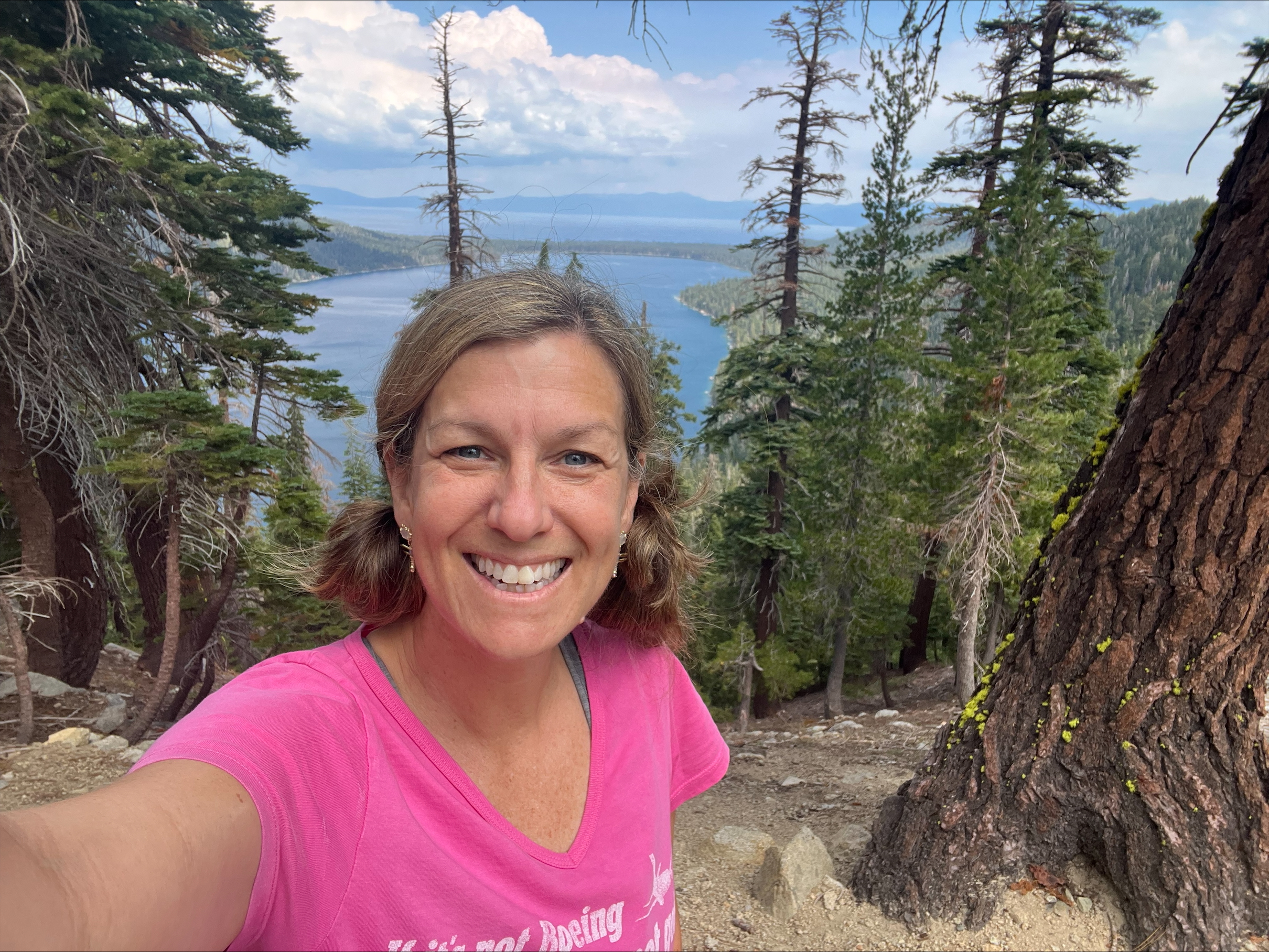
Refugia Podcast Episode 39 Seeds of Peace and Hope: Christina Bagaglio Slentz and the Diocese of San Diego
Today, I’m talking with Dr. Christina Bagaglio Slentz, Associate Director for Creation Care at the Catholic Diocese of San Diego. Christina has a background in sociology, with a PhD in international studies and global affairs. She’s also a Navy veteran. Today, she serves a diocese of 97 parishes, helping to guide and empower people in their creation care work. The Diocese of San Diego is a microcosm of diverse biomes and diverse people, and it’s a fascinating example of refugia, because as a diocese, they are doing all the things. Christina and I talk about Laudato si’, solar energy, economics, eco spirituality, environmental justice advocacy, the centrality of the Eucharist, and the mutuality between caring for neighbor and caring for the Earth.
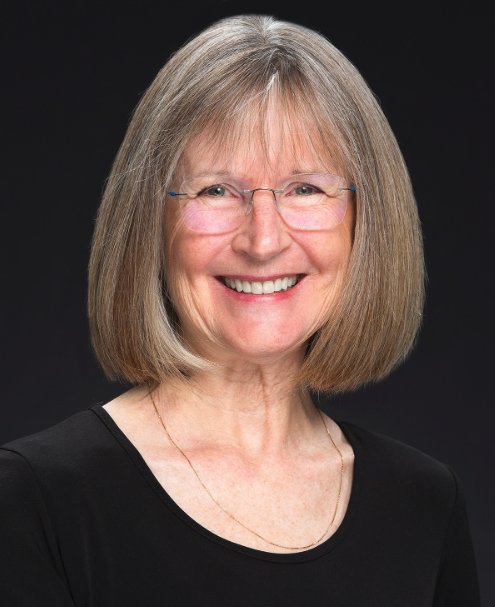
Refugia Podcast Episode 38 So Much Joy: Linda Racine and Traverse City Presbyterian Church
In 2022, there were multiple policies or overtures passed focused on creation care, and it really put out an alarm, saying “It’s serious, folks, the Earth is really in trouble. So we need to take strong action.” And they were encouraging all churches to reduce their carbon emissions by at least 25% in the next four years and get it down to net zero or net positive by 2030. A group of interested folks at church looked at that and said, “Let’s do it. Let’s go for it.”
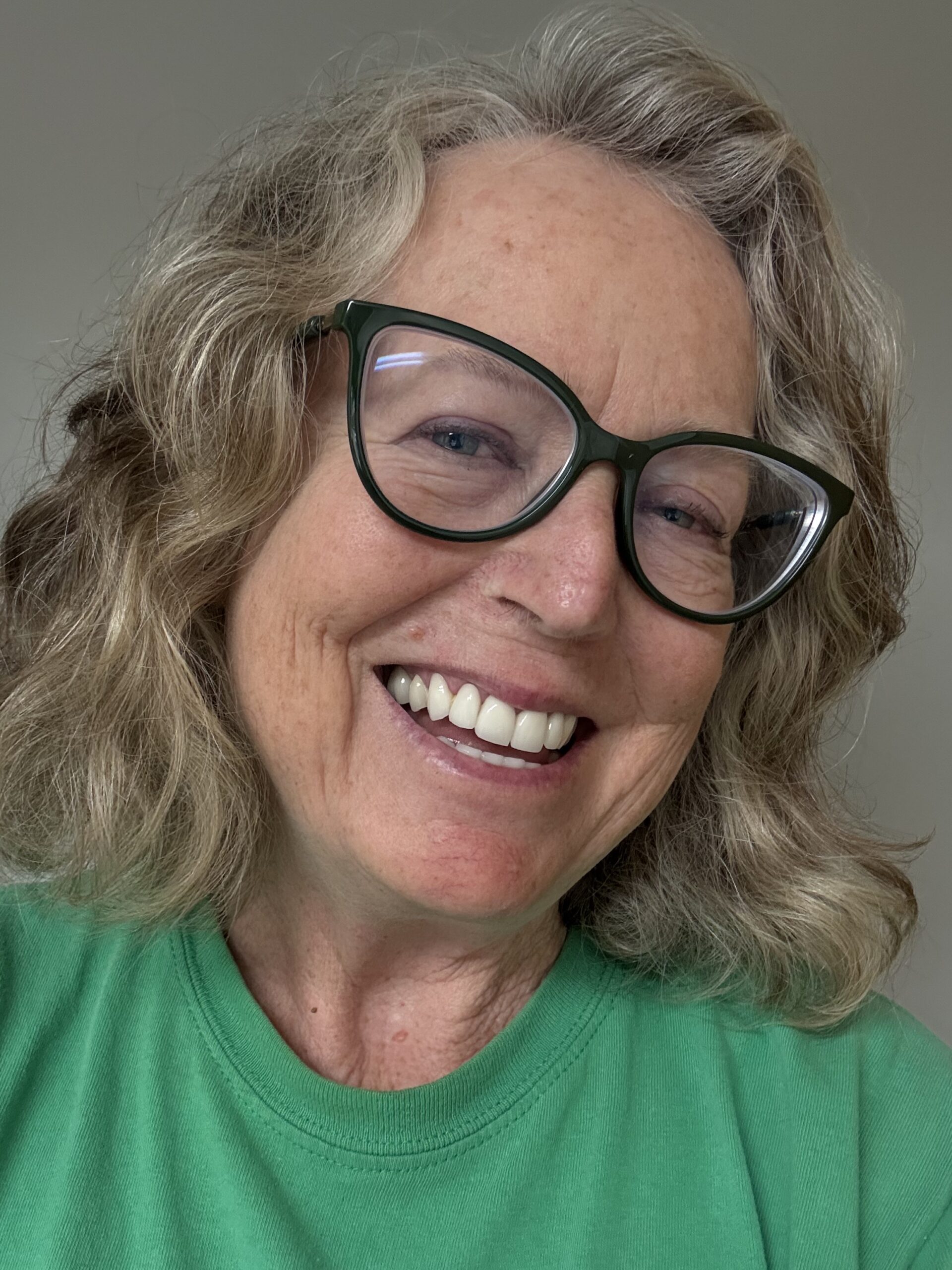
Refugia Podcast Episode 37 Land as Primary Text for Healing Community: Elaine Heath and Spring Forest
Elaine Heath is the abbess of Spring Forest, a new monastic community in Hillsborough, North Carolina. Spring Forest centers around communal prayer and meals, a vibrant farm, refugee support, and other ministries you can read about here. You can learn more about Elaine’s work as an author and speaker on her website, or in articles like this one from the Center for Action and Contemplation.
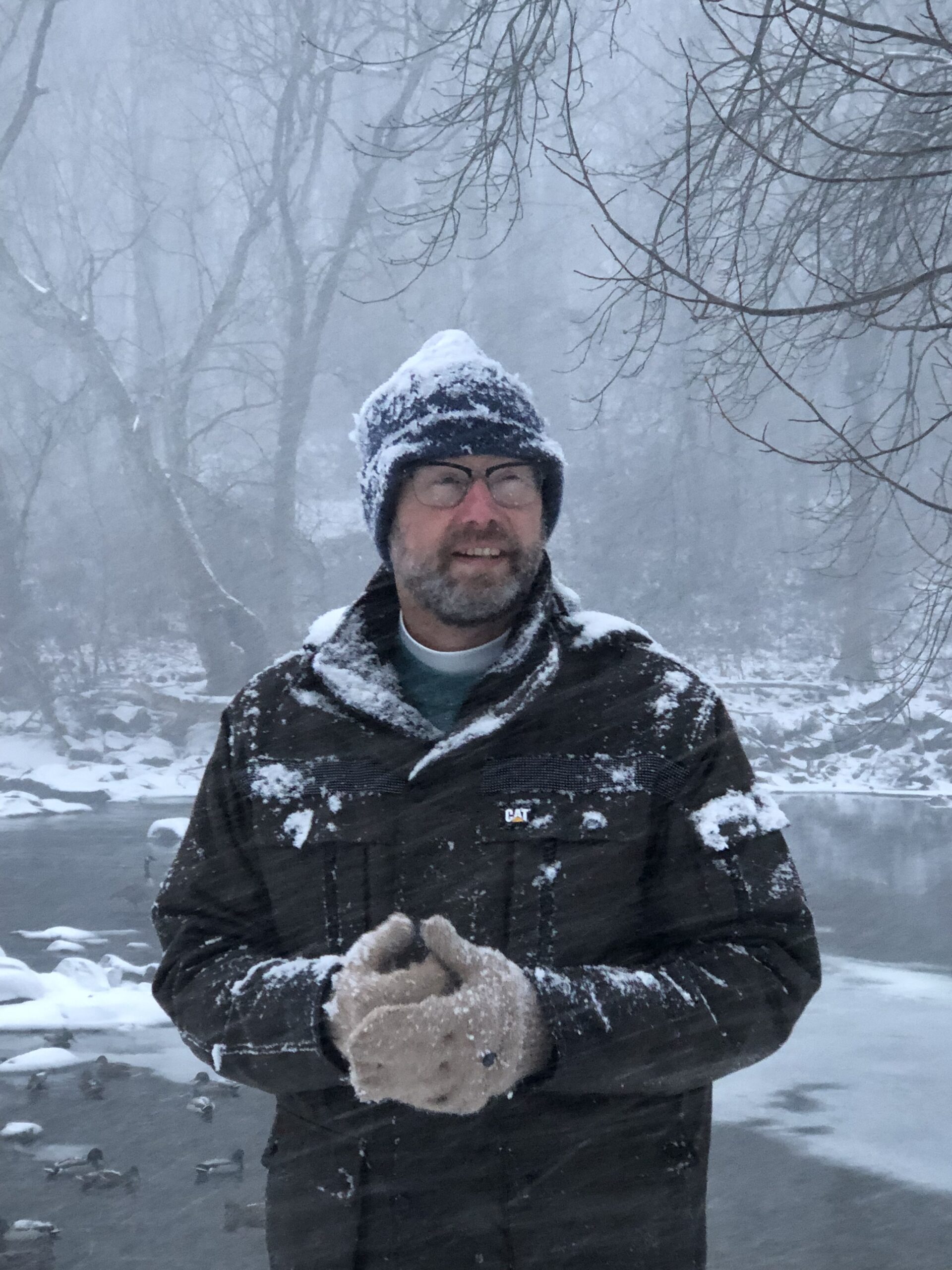
Refugia Podcast Episode 36 True Woo: Pete Nunnally and Water and Wilderness Church
Father Pete Nunally is the founder of Water and Wilderness Church, a Washington DC-based outdoor church and watershed community. You can read more about the model of Water and Wilderness Church here. Father Pete is a passionate and well-spoken advocate on his social media pages and other forums, as in this interview with Creation Justice Ministries.
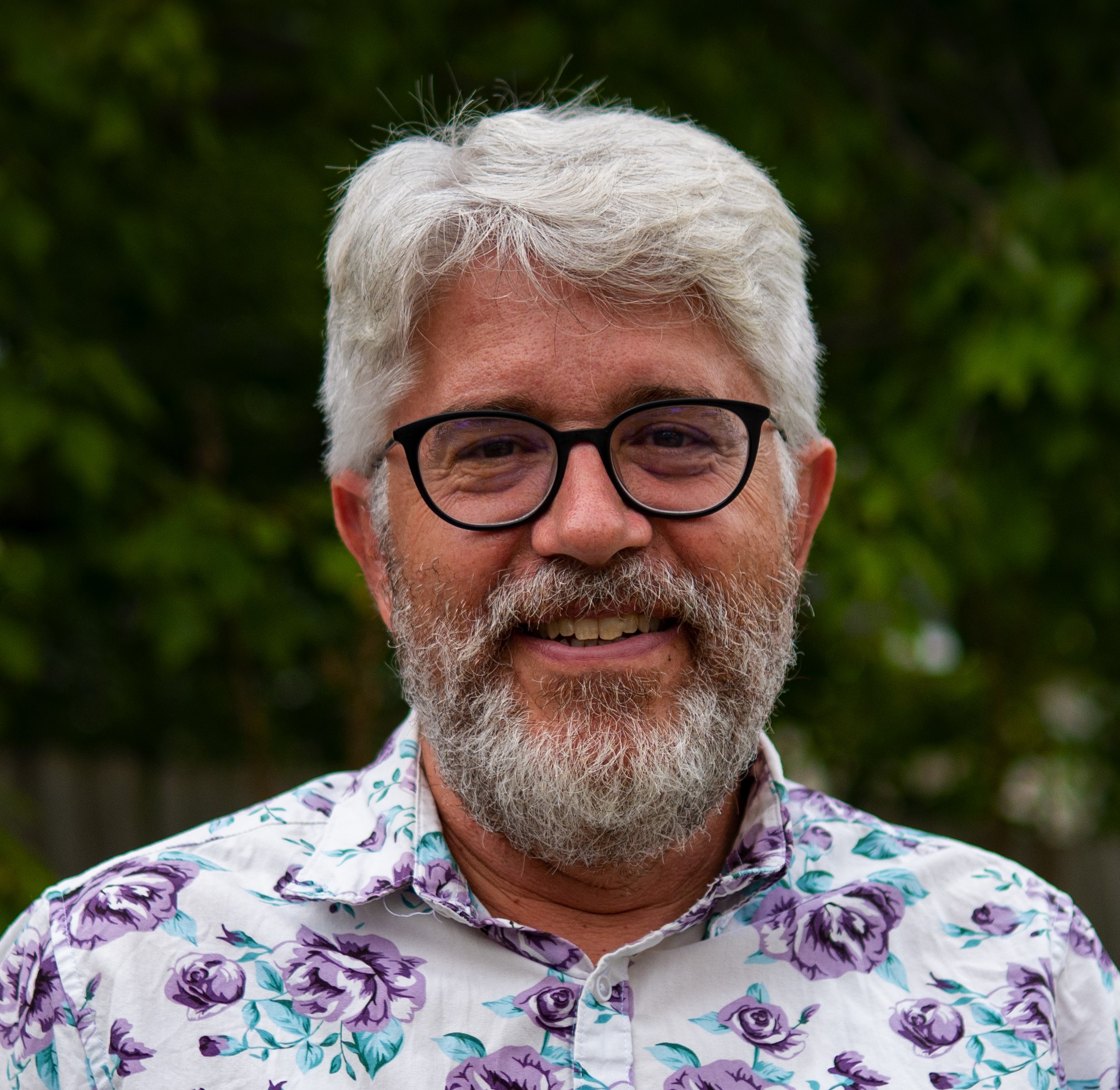
Refugia Podcast Episode 35 Peacemaking at the River: Doug Kaufman and the Anabaptist Climate Collaborative
Doug Kaufman directs the Anabaptist Climate Collaborative, an organization that leads climate justice initiatives from an Anabaptist faith perspective. Doug and his team support Mennonite and other Anabaptist churches, helping to build networks, train leaders, and empower climate-related initiatives. Doug describes environmental work as a form of peacemaking, a way of countering the slow violence of actions that cause and exacerbate climate change. Thanks to Doug for geeking out with me on theology and offering some glimpses of Mennonite climate work.
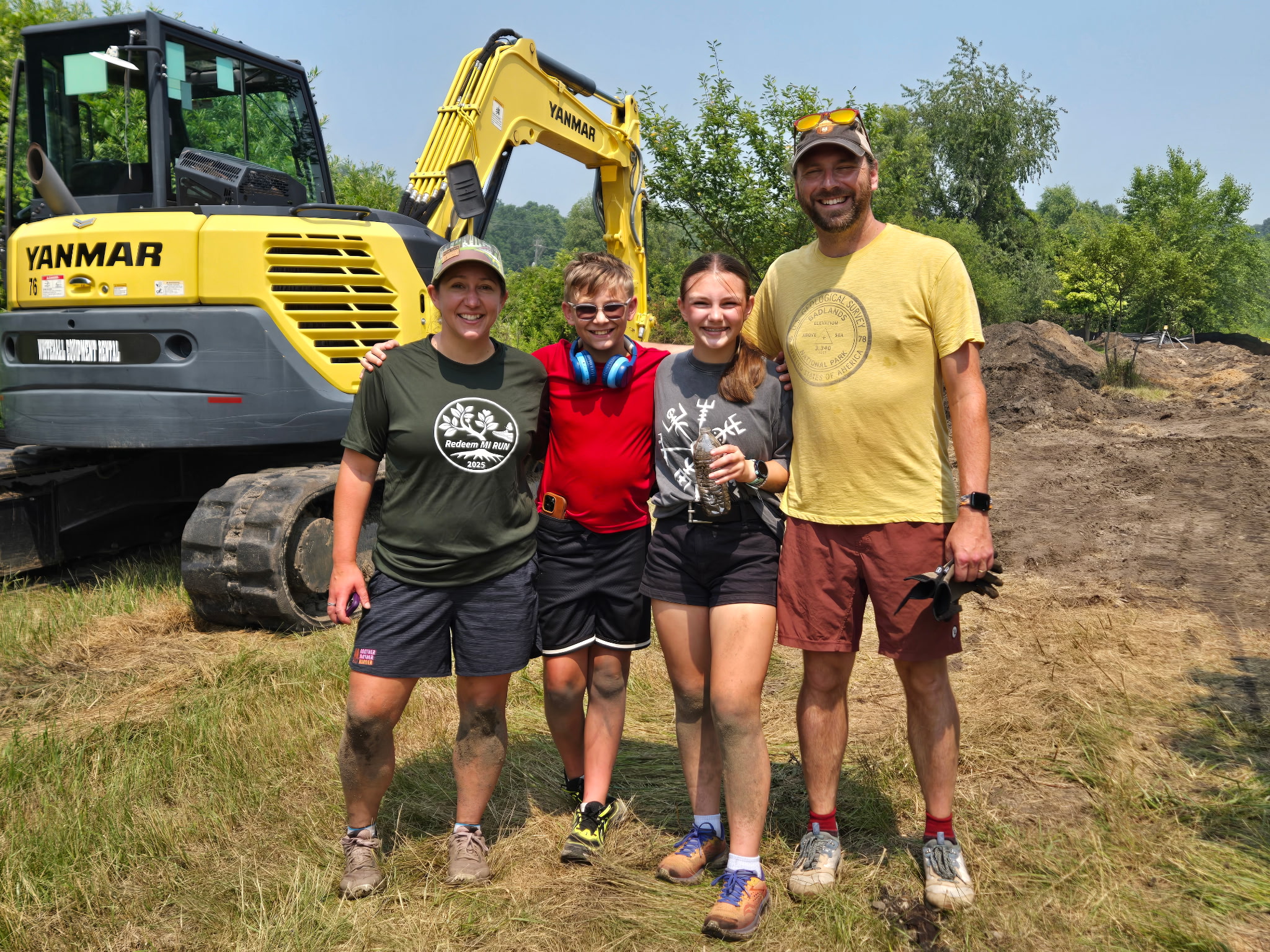
Refugia Podcast Episode 34 A Parable of Redemption: Dave Celesky and Redeem MI Land
Today I’m talking with Rev. Dr. Dave Celesky, pastor of Unity Reformed Church in Norton Shores, Michigan. I’ll be asking Dave about the nonprofit organization he founded called Redeem MI Land, with “MI” spelled “M-I” for Michigan. The idea is to have churches or faith groups purchase a piece of degraded land, and, with community partners, redeem and heal it. Dave speaks eloquently about how this work can serve as an embodied parable for redemption and create vital community connections through a shared project.
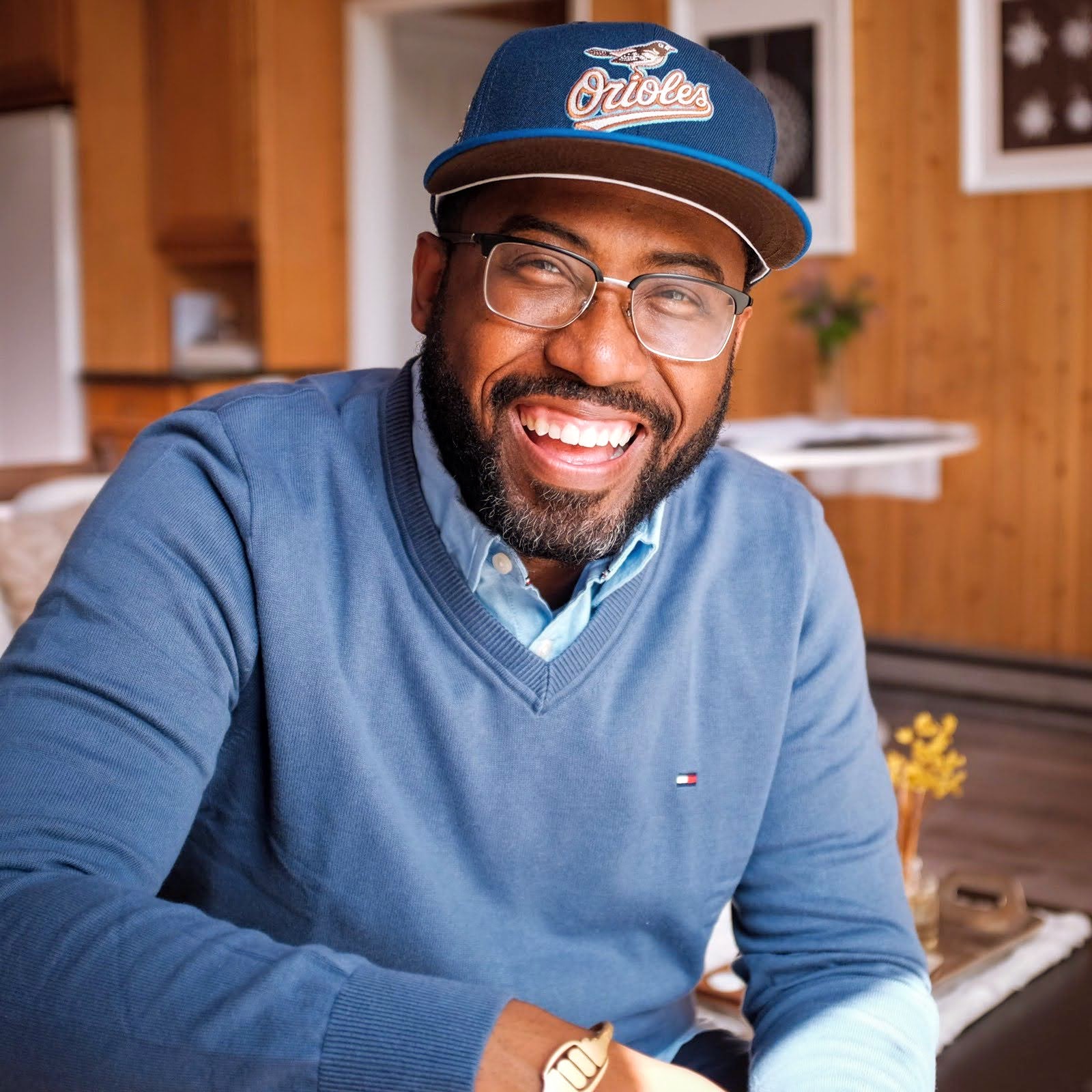
Refugia Podcast Episode 33 The Garden Became the Steeple: Heber Brown and the Black Church Food Security Network
Today, I’m talking with Rev. Dr. Heber Brown, founder of the Black Church Food Security Network. Beginning with a small congregation, a 1500-square foot garden, and a divine calling, the Black Church Food Security Network now connects 250 Black churches and 100 Black farmers in the Mid-Atlantic states and beyond. Reverend Brown’s story weaves through issues of health justice, food security and climate resilience.
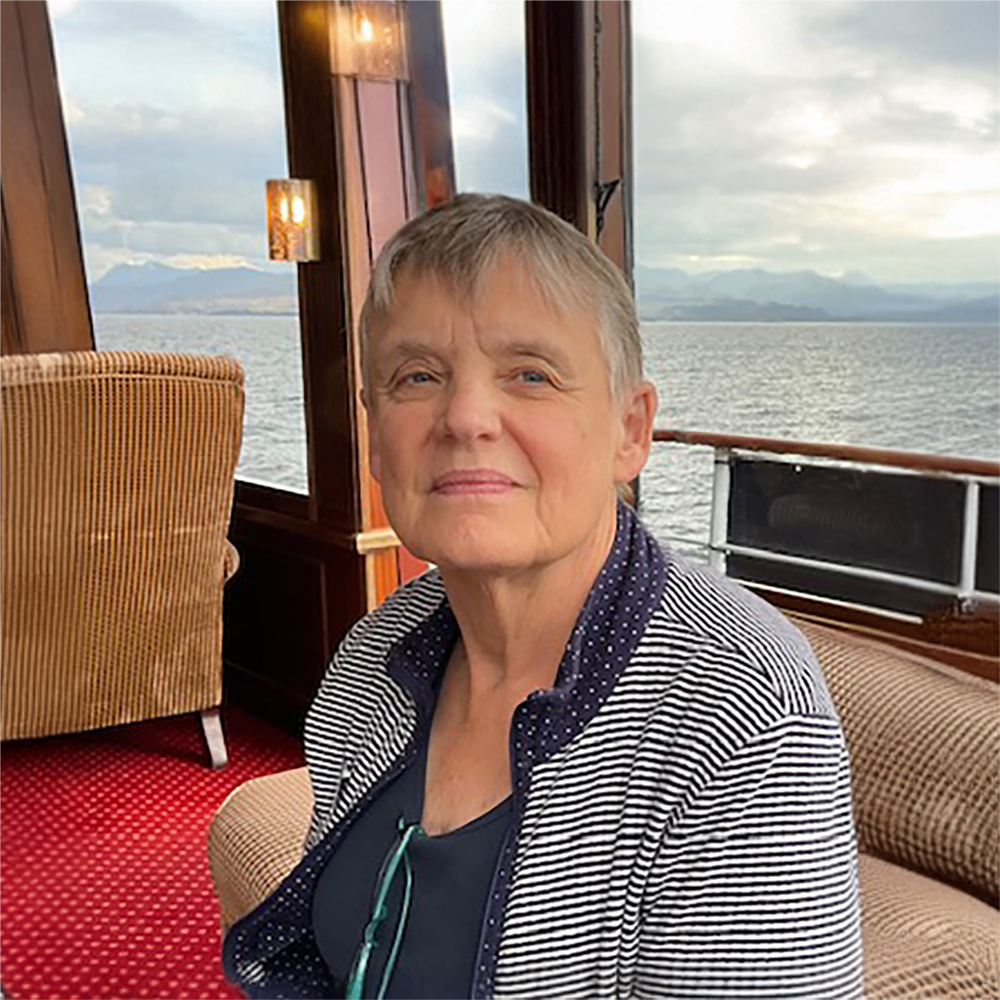
Refugia Podcast Episode 32 It All Started with Styrofoam Cups: Judy Hinck and Mount Olive Lutheran
It All Started with Styrofoam Cups: Judy Hinck and Mount Olive Lutheran
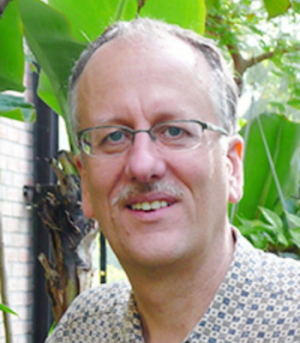
Refugia Podcast Episode 31 Artful Wildness: Biologist Dave Koetje Reflects on Season 3
In the face of climate change and other ecological disturbances, you want to try to enhance biodiversity in your own yard. And as people do this, they can not only experiment to try to find combinations of biodiversity that can actually thrive under new climate conditions, but at the same time, you’re also trying to nurture your own soul, because, as so many people have reported, one way to have hope for the future is to plant gardens.
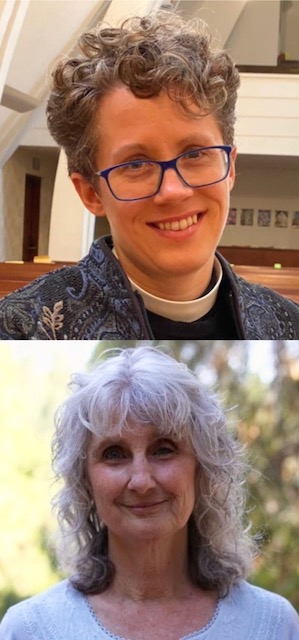
Refugia Podcast Episode 30 Fortress Press Roundtable: Sharon Delgado and Talitha Amadea Aho on Sentinel Experiences, the Clash of Kingdoms, and Caring Well for Young People in Crisis Times
I preach, I teach, I write, and so on, for that purpose: to hope that through my puny efforts God can help to rouse the church community. That’s what I think the church needs the most, is to be roused related to our social issues.
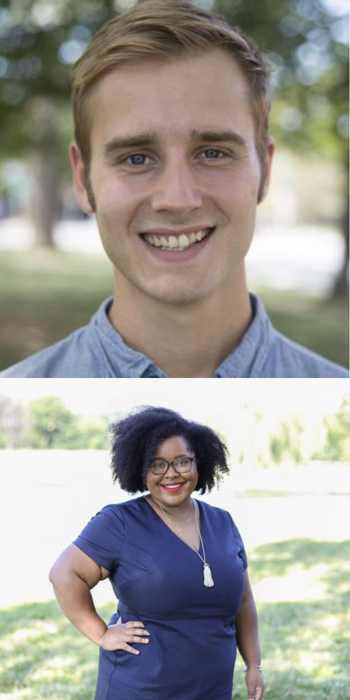
Refugia Podcast Episode 29 Climate Hospitality: Karyn Bigelow and Avery Davis Lamb on Creation Justice Ministries and Resilient Church Communities
What we mean when we say “climate resilience” is not simply the ability to bounce back after climate impacts and disasters, but the ability to bounce forward. So seeing these moments we’re in of climate breakdown not simply as a time to rebuild what has been destroyed, but to kind of reconstitute our life together to transform how we live together in the beloved community.
Background
Refugia are places of shelter where life endures in times of crisis. From out of these small sanctuaries, life re-emerges, and the world is renewed. We’re exploring what it means for people of faith to be people of refugia. How can we create safe places of flourishing— “micro-countercultures” where we gain strength and spiritual capacity to face the challenges ahead?
Host Debra Rienstra interviews a different guest each week, exploring the evocative idea of refugia from a variety of perspectives, from biology to worship to politics.
This is a podcast, ultimately, about watching for places where God is working at renewal—of the earth, of the church, culture, and society. It’s about seeking how we might participate willingly and courageously in that divine work.
Acknowledgements
Many thanks to the team of people who made this project possible.
Thanks to all my guests, who were so generous with their time and wisdom. I’m proud to put your work on display whenever I can.
Thanks to Kathleen Dean Moore, whose book Great Tide Rising inspired the idea for the podcast and who continues to inspire me with her prophetic voice, artistic skill, and personal integrity.
Thanks to the Calvin Institute of Christian Worship for generous support for Season 4. Thanks to Colin Hoogerwerf for working audio miracles as producer. Thanks to Michal Rubingh for ably editing the transcripts. And thanks to Ron Rienstra for all manner of support in creating Season 4.
Thanks to David Wunder along with the Calvin Center for Christian Scholarship for providing support for Season 3 and to the several Centers and Institutes at Calvin University that provided funding to support an experimental pilot project during the summer of 2019.
Thanks to my excellent assistants for Season 3, Ian Gilbert and Kathryn Gardner (audio editing) and Michal Rubingh (text editing).
Thanks to my excellent assistants for Season 2, Josh Parks (text editing and publicity) and Philip Rienstra (audio editing). Could not have done another season without you.
For Season 1, thanks to Calvin students Kayla Cooper and Garrett Strpko for doing so much of the recording and post-production, and to Jordan Van Eerden for batting cleanup. Thanks to Lauren Cole for much transcription editing and for developing the look of the podcast. Professors are not necessarily the most tech-savvy and we tend to be reclusive, but we can learn. Thanks for your patience with us.
Thanks to Michaela Osborne and Stephanie Boer for vital logistical support during Season 1.
Finally, huge thanks to John Hwang, whose passion and commitment fired me up and made all this possible. Rest in peace, rise in glory, John.
